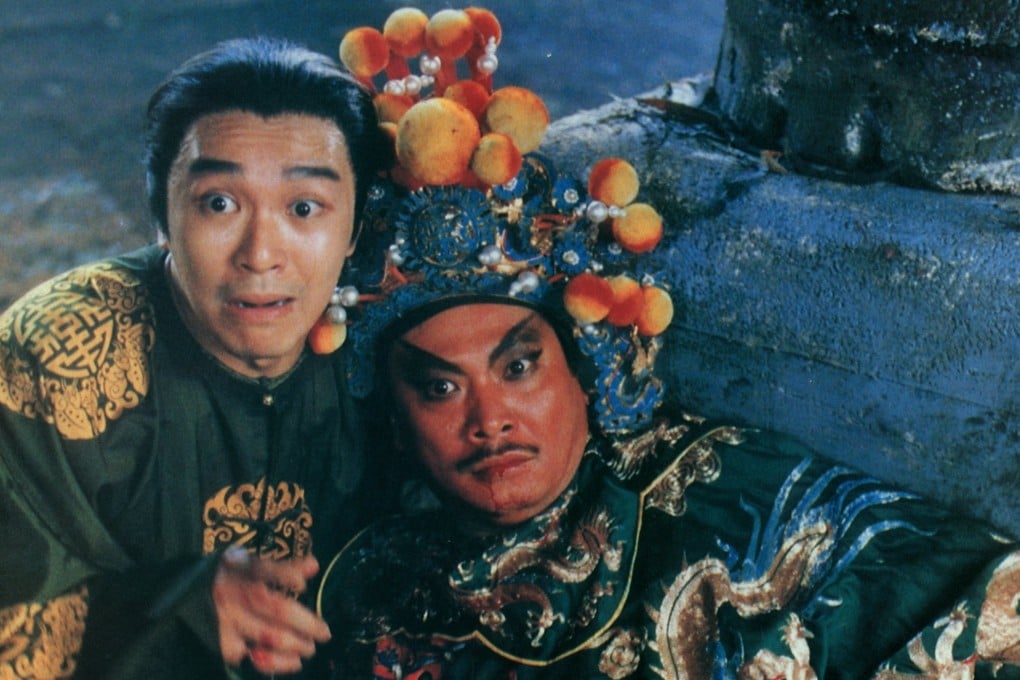Stephen Chow’s Shaolin Soccer and Kung Fu Hustle were not the films that made the Hong Kong comedian famous – so which ones did?
- Jackie Chan? No – Hong Kong’s biggest movie star of the early 1990s was comedian Stephen Chow Sing-chi, who consistently struck box-office gold with his films
- Critics called him ‘the finest Hong Kong comedian of his generation’, ‘Hong Kong’s hottest actor’ – and some of the phrases he coined are still used today

With his unique brand of mo lei tau “nonsense” comedy, his energetic disposition and a surfeit of boyish charm, the prolific Chow consistently struck box-office gold with hits like All for the Winner, Fight Back to School, Royal Tramp and From Beijing with Love.
As a Post critic wrote in 1990, “he only has to appear on the screen to provoke laughter from his fans”. By 2001, according to the Hong Kong Movie Database, his films had taken well over HK$1 billion at the box office.
“In April 2000, when I invited him to the Far East Film Festival in Italy for a tribute, I called him the finest Hong Kong comedian of his generation,” says former Variety film critic Derek Elley. “I’d stick by that today.

“His style always felt a bit apart from mainstream Hong Kong film humour. He manages to be both very local, with the mo lei tau nonsensical humour and puns, and very universal – he’s a master of deadpan delivery, and of the false build-up and quick put-down.”